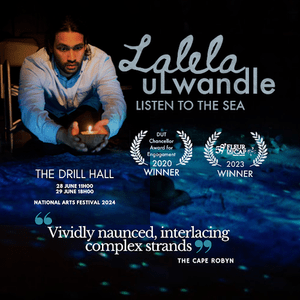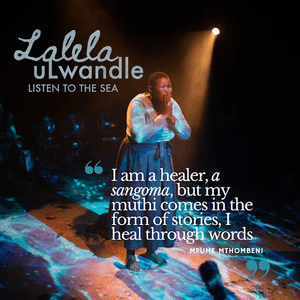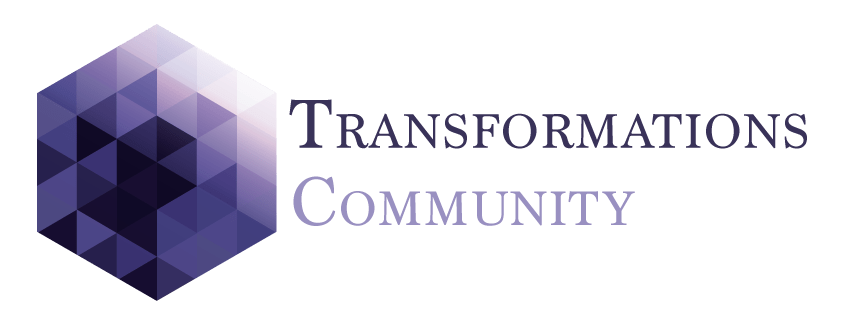EMPATHEATRE
Could You Briefly Explain The Driving Force/Motivation Behind Your Work?
I have always been driven by tending to the spaces of disconnection. I was very inspired by the artist Joseph Beuys who aimed to sculpt the ‘invisible materials’ between people and the world, and I honed in on empathy. I did my PhD at the intersection of Art and Environmental Education, and worked with Empathy in the context of climate change and what I call “Hot messes”, exploring the massive failures of sustainability science to respond to empathetic deficits in our world. I have come to realize that empathy is a sculptural material, and art practice, storytelling, and connective aesthetics can play a massive part in sculpting empathy in spaces of disconnection, separation, and social and (ecological) apartheid. Growing up in South Africa, with a keen fascinating and wonder for the natural world, which was inherently tied together with the mystical and mythical, I became more and more aware of how access and rights to wild spaces, and conserved spaces have been denied to many South Africans, and their rights to heritage and environment are deeply intertwined. These factors came together and in a very clear way drove my work.

Where/How Has Your Work Engaged With Systems Or Transformative Change-Making?
I suppose the biggest changes my work has made in systems and transformations work is in our work as Empatheatre. We founded this public storytelling collective 10 years ago and in that decade we have been able to challenge knowledge hierarchies in law and education. Our plays have performed in the South African parliament, and changed South African policies, by helping to expand the ways vulnerable and marginalized voices can enter into the policy dialogues. We have also performed to international policy at the United Nations and FAO, and our animations and plays have been the first artworks to be used as evidence in court, as proxy legal objects that stand in for intangible ocean heritage. Yet, I think beyond these big policy swings and legal impact, our work allows for long-form storytelling to enter decision-making and social learning spaces, where there are usually only soundbites or abbreviated articulations of realities. Our systems of education and law have cauterised and pillarised forms of knowledge and knowing, into isolated chambers of activity. Our approach to democratizing meaning-making through arts-based processes, particularly public storytelling, but also through participatory counter-hegemonic mapping, call-and-response social learning, idiomatic reasoning, and other forms of knowledge co-production through artistic practice, has warmed up very cold and disconnected ways of thinking/doing/making.
How Can The Transformations Community Support Your Work?
My work emerged out of the Transformations community. In the fourth year of my postdoc in 2017, I attended the Transformations conference in Dundee, Scotland. It supported the expansion of my early work of Empatheatre, which at the time was only 4 years old. The work was funded by Transformations 2 Sustainability, and part of the Transgressive Learning and ACKNOWL-EJ networks. These communities and networks deeply enriched my praxis and work, and am so grateful for their support. Since then we have made great progress in deepening our transformations work with regards to Arts-based research and practice. I think connecting to any projects or arts-based groups within the transformations community would be wonderful. The only way we will get through the hot messes of the thick present is building social tissue.








